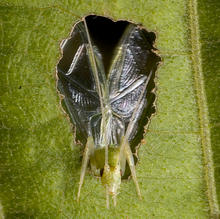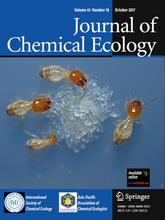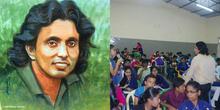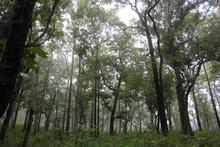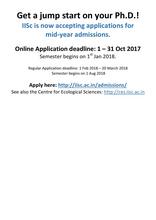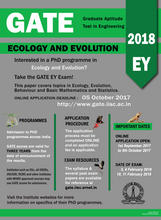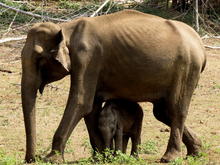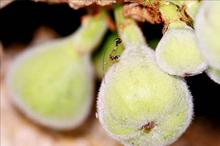Small brains, smart solutions: A new study shows that tree crickets manufacture optimal aids for sound amplification
Thu, 2017-12-21 10:46A new study published in the journal eLife shows that tree crickets manufacture surprisingly accurate optimal aids for sound amplification. This work was led by Natasha Mhatre (a former PhD student of CES), Rittik Deb (a recent PhD student of CES), Rohini Balakrishnan and collaborators from UK (Robert Malkin and Daniel Robert).

